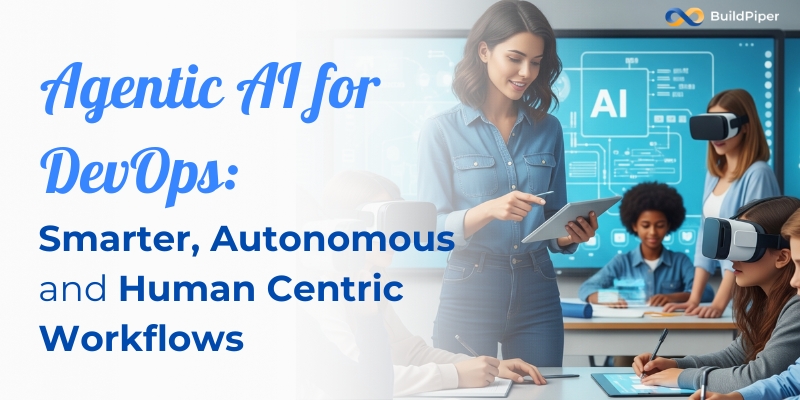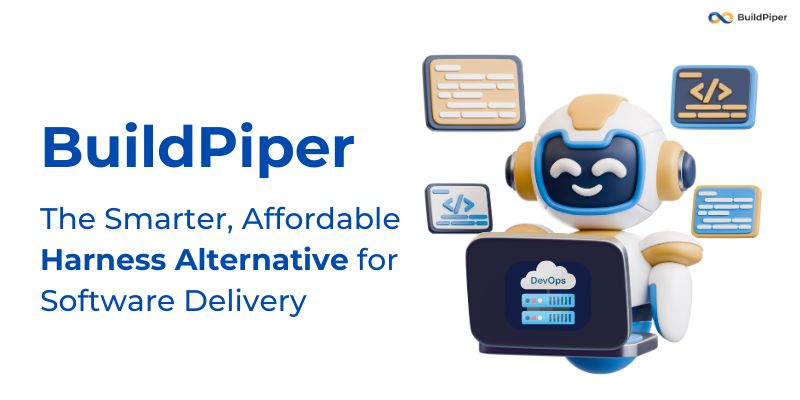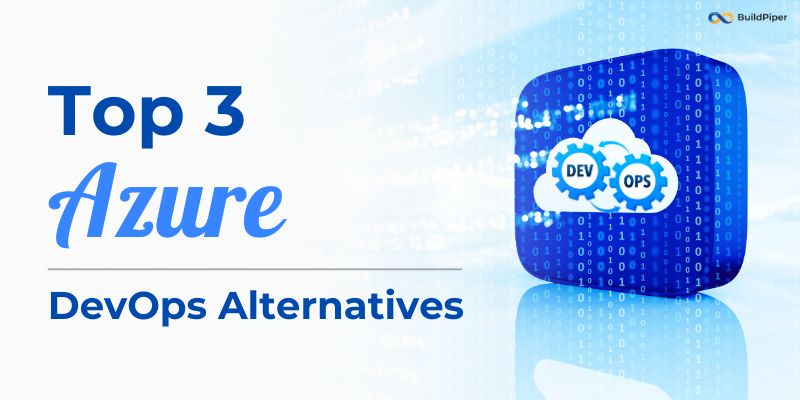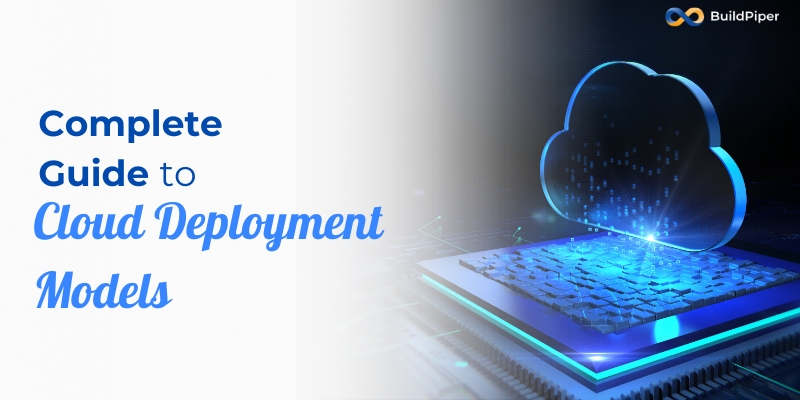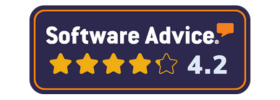For years, DevOps has promised speed, reliability, and continuous improvement. Yet even the most advanced pipelines often stall when human decision-making becomes a bottleneck. This is where Agentic AI steps in, not as a replacement for engineers but as an intelligent partner that can reason, act, and collaborate in ways that traditional automation cannot.
What we’re looking at is the shift from scripted automation to human-centric automation, powered by AI systems that can understand intent, adapt to context, and continuously improve. In short, Agentic AI in DevOps represents the future of intelligent software delivery.
What Is Agentic AI, and Why Does It Matter for DevOps?
Agentic AI goes beyond predictive analytics or chat-based copilots. It combines autonomy, reasoning, and collaboration. Unlike static automation scripts or rules-based bots, Agentic AI can:
- Interpret goals and intent, not just commands
- Adapt dynamically to changing conditions
- Collaborate with humans, escalating decisions only when necessary
- Continuously learn from outcomes to refine future actions.
In DevOps, this is transformative. Imagine an AI powered DevOps platform that doesn’t just flag a failing build but actually diagnoses the issue, attempts multiple fixes, and deploys the best solution all while keeping engineers in the loop.
💡 DID YOU KNOW?
The global Agentic AI market is expected to reach USD 7.06 billion by 2025 and surge to USD 93.20 billion by 2032, growing at a CAGR of 44.6%.
The Current Limitations of Traditional DevOps Automation
DevOps teams today rely heavily on automation, but most of it is static. Pipelines are defined in YAML files, monitoring alerts follow set thresholds, and remediation is triggered by pre-written scripts. These approaches work, but they fall short when facing:
- Unpredictable failures that don’t match predefined rules
- Complex multi-cloud environments where dependencies shift constantly
- Security risks that evolve faster than static playbooks.
- Human fatigue from repetitive, manual interventions.
Here is the result of this: Lost velocity, increased costs, and burned-out engineers.
How Agentic AI Changes the Game
DevOps doesn’t need more scripts. It needs systems that can act with context, autonomy, and precision. AI in DevOps through agentic models provides exactly that. Here are the Key Capabilities of Agentic AI in DevOps:
1. Autonomous Remediation
- Detects anomalies in production
- Executes fix strategies (rollback, scaling, patching)
- Escalates only if confidence is low.
2. Dynamic Pipeline Optimization
- Tunes build and test pipelines in real time
- Prioritizes critical test cases to save compute cost
3. Cross-Team Collaboration
- Acts as an always-on “DevOps engineer” that coordinates with developers, SREs, and security teams
4. Security-First Decisioning
- Identifies vulnerabilities and proposes patch strategies without waiting for manual intervention.
5. Continuous Learning
- Learns from failed deployments and successful recoveries, becoming more effective over time.
Looking for The Best DevOps Tools?
Supercharge your pipelines with AI-driven DevOps automation using BuildPiper.
Business Outcomes Decision-Makers Care About
Ultimately, Agentic AI in DevOps is not just a technology upgrade, it’s a business advantage. CXOs and VPs need to think in terms of measurable outcomes:
| Challenge | Traditional DevOps | With Agentic AI in DevOps |
|---|---|---|
| Time to Resolution | Hours or days due to manual triage | Minutes with autonomous remediation |
| Deployment Frequency | Limited by human reviews | Increased through intelligent automation |
| Operational Cost | High due to over-provisioning and human intervention | Optimized with adaptive scaling and self-healing |
| Security Posture | Reactive patching cycles | Proactive, AI-driven vulnerability management |
| Engineer Experience | Fatigue from firefighting | Focus shifts to innovation and strategy |
This isn’t about replacing people. It’s about enabling teams to move faster, safer, and with less operational drag.
Real-World Example: AI Powered DevOps Platform in Action
Picture a global e-commerce company running across AWS, Azure, and GCP. At peak shopping hours, latency spikes.Traditionally, an on-call engineer scrambles to diagnose logs, scale services, and hope nothing breaks.
Now imagine an AI-powered DevOps platform with agentic intelligence:
- It detects the anomaly before SLAs are breached
- It analyzes traffic patterns and predicts that payment services will be overloaded
- It spins up additional nodes in the right region while rate-limiting non-critical APIs
- It sends a concise summary to the DevOps lead: “Traffic surge detected and mitigated. Confidence: 94%. Estimated savings: $12K in downtime.”
The Roadmap for Adopting Agentic AI in DevOps
Implementing agentic systems isn’t just about plugging in an AI tool. It requires a deliberate strategy:
- Start with Observability
AI needs context. Invest in unified observability platforms that feed clean, real-time data.
- Layer AI on Existing Workflows
Don’t rip and replace. Start by adding AI to monitoring, CI/CD, and security workflows.
- Prioritize High-Impact Use Cases
Focus first on areas where automation will save the most time (incident response, cost optimization, and compliance).
- Human-in-the-Loop by Design
Agentic AI must collaborate with humans, not bypass them. Ensure escalation paths and approval workflows.
- Measure Business KPIs
Track savings in downtime, reduction in mean time to resolution (MTTR), and developer satisfaction scores.
[ Also Read: How Agentic AI is Transforming DevSecOps ]
The Strategic Imperative for CXOs
Here’s what this really means: adopting Agentic AI in DevOps is not optional for organizations aiming to compete at enterprise scale. The complexity of modern systems is already beyond what static scripts and manual triage can handle.
Decision-makers should view this shift as a strategic lever for growth. Faster releases mean quicker time to market. Autonomous remediation means stronger uptime commitments. Intelligent scaling means better cost control. And a stronger engineering culture means higher talent retention.
Conclusion
DevOps was built to accelerate software delivery, but static automation has reached its limits. The future belongs to systems that don’t just execute commands but reason, adapt, and collaborate.
Agentic AI in DevOps is that future. It transforms automation into human-centric intelligence where AI takes care of the grind, and humans focus on creativity, strategy, and innovation.
The companies that embrace this now will be the ones setting the pace tomorrow. The choice for leaders isn’t whether AI will enter DevOps. The real choice is whether you’ll lead the change or get left behind.

